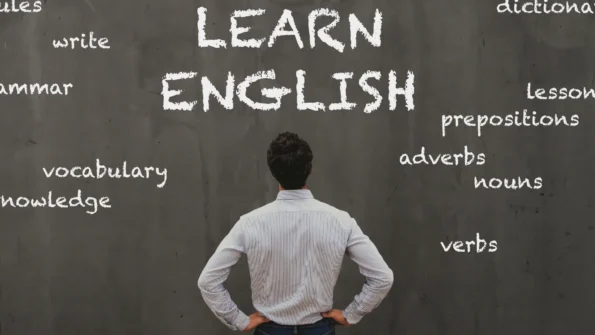If you’ve ever considered teaching, you may have thought about Teaching in a Second Language. Teaching English in a Second Language can be done in Canada, but many people also like to use it as an opportunity to travel overseas and teach in different countries. But regardless of wherever you decide to teach, if you want to teach English as a second language, you’ll need your TESL certificate.
What is a TESL certificate?
We’ve already established that TESL stands for “Teaching English in a Second Language”. A TESL certificate then allows you to do just that. But there’s a lot of confusion between similar programs. Many people confuse TESL with TEFL and TESOL training programs. So what’s the difference?
The main difference between these acronyms is that they refer to who and where you are teaching English. TESL, for example, refers to teaching English in English-speaking countries to students who have a different first language. If you were to teach English in Canada to an international student, you would be using TESL.
TEFL, on the other hand, stands for “Teaching English as a Foreign Language”. This refers to teaching in a country where English is not the primary language. If you were to travel to China to teach English, you’d be using TEFL.
Then there’s TESOL – this stands for “Teaching English to Speakers of Other Languages”. This is the general name used for teaching second languages and is used interchangeably for TESL and TEFL.
How to Teach English as a Second Language
If you want to teach English as a second language in Canada, you’ll need to meet minimum qualifications. The minimum qualification to teach here in Canada is a bachelor’s degree combined with a TESL (or TESOL) certificate from a TESL accredited program.
It’s important to note that TESL and TEFL programs are two distinct entities. The program you should select depends on where and who you would like to teach. While some countries may allow you to teach English with a TESL, others will require you to have a TEFL. In addition, if you want to teach English as a second language in Canada, you’ll need your TESL certificate – TEFL certificates will not be accepted.
How do I become TESL certified?
To become certified to teach English as a second language, you must hold a Bachelor’s degree (in any discipline). In addition, you will be required to undergo at least 100 hours of TESL training, as well as a 20-hour practicum teaching adults.
Once you have each of these things, you can apply for your TESL certificate. Applications are generally processed within 4-6 weeks after being received, and your certification will be sent in the mail.
TESL Certification vs. Membership
It’s important to note that TESL certification and TESL memberships are two completely different things. You can become a member of the TESL association without being certified. The association provides members with year-round benefits like training activities and discounts on conferences. Members pay an annual fee to receive benefits.
On the other hand, certification is the process through which you are recognized as a professional teacher. You can legally teach English as a Second Language in Canada with your TESL – you cannot teach with just a membership. To become certified, you must also be a member of TESL.
What kind of jobs can you get with a TESL certificate?
Once you have your TESL certificate, a wide range of career opportunities will open up for you. Not only can you teach English online, but you will also be able to teach in elementary and high schools, as well as colleges and universities.
TESL certified individuals can also teach in English language institutes, as well as private schools. They can also design courses for English as a second language.
In conclusion, if you enjoy teaching and English is your primary language, you may want to consider taking a TESL course. TESL certification does require you to have a bachelor degree, as well as education and experience, but it’s well worth the time and effort in the end.
The average salary of an individual with a TESL certificate is $46,800 per year or $24 per hour.












